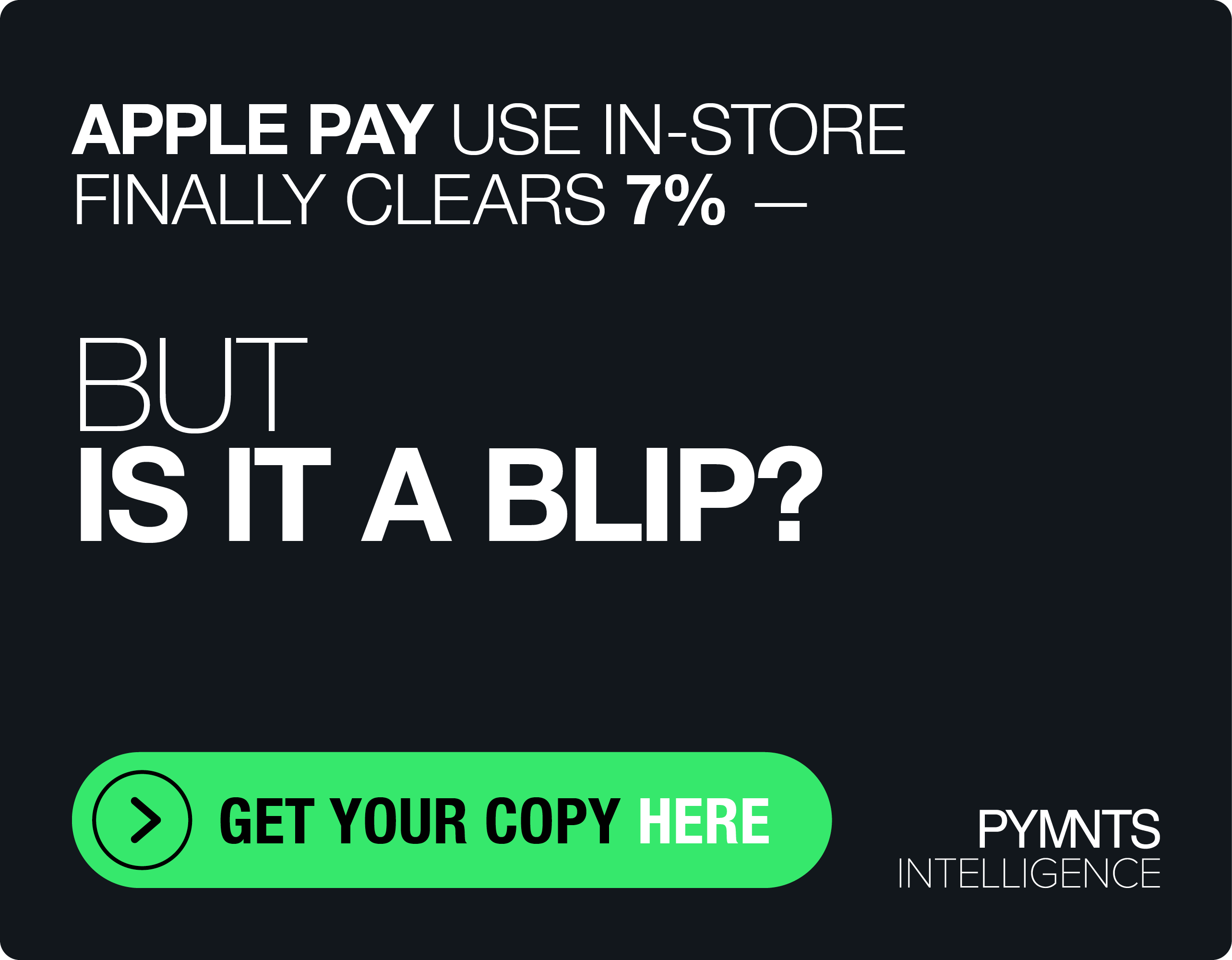Finding Space For The Relationship Manager In Modern SMB Banking

Small- to medium-sized businesses (SMBs) have finally come into focus for banking and financial services innovators, resulting in the proliferation of neobanks and FinTechs challenging marketing incumbents to step up their game.
What that often looks like is the rollout of digital-first solutions focused on automation and an electronic-only experience. This may work for microbusinesses and solopreneurs, said Conrad Ford, chief product and strategy officer at U.K.-based Allica Bank.
Indeed, he told PYMNTS, microbusinesses are a major driver of the emergence of such SMB-focused neobanks looking to transform banking into a wholly digital process for the business owner. Yet what this fails to address is the needs of more established SMBs — those that Ford defined as having between five and 50 employees — with far more complex needs than the solopreneur.
Although in the U.K., these established SMBs amount to just one-tenth the population of microbusinesses, Ford said their total turnover is nearly twice that of the entire micro-SMB segment. As such, finserv providers that fail to service those firms are missing out on a potentially lucrative opportunity.
Yet these SMBs are also more difficult to service, and a digital-only offering won’t do. As Ford explained, these companies all face different challenges they need to overcome.
“And the way to overcome that is with expert relationship managers,” he said.
Evolving In Different Directions
SMB banking does not look as it did, even just five years ago. A surge in neobanks and FinTechs stepping in to fill what had been a void in microbusiness banking has encouraged the industry’s focus on digitization efforts.
That, in combination with broader evolutionary forces like open banking, has created an ecosystem of platforms and user interfaces to help solopreneurs keep finances healthy.
“If you’ve got a big, not digitally-native universal bank that sees the [SMB] segment as a bit of an afterthought, and it’s up against a FinTech challenger that’s digitally native, then it’s pretty obvious who’s going to win that battle for customer experience,” Ford said.
Financial service providers of all types, shapes and sizes have reacted to this competitive environment by investing in digital tools and industry collaboration, taking the open banking opportunity and embracing it as a way to enhance the value of products. That could mean accelerated, online-only loan applications with underwriting fueled by data integrations with back-office platforms, or the integration of a FinTech solution within a bank’s online banking portal.
Either way, the effort remains fixed on digitization.
At the same time, Ford noted, the evolution of the relationship manager has gone in a different direction, and it is now an offering that has been all but phased out of the SMB banking offering.
Looking back several decades, the relationship manager once served as a high-authority expert on an SMB client and was tasked with making some pretty significant decisions with regard to that SMB, including loan decisions. Over the past few years, the relationship manager became more of a localized expert within the neighborhood bank branch. And, with the surge of digital-first banking, the relationship manager is now harder to come by.
“Relationship managers and local branches have been taken away relentlessly over the last decade or so,” said Ford. “If you’re a business with 20-something employees, chances are that 10 years ago you had a high-quality relationship manager at your local branch. These days, your branch may not have disappeared, but the relationship manager almost certainly will.”
An ‘Existential’ Moment For FIs
The discussion surrounding SMB banking competition between incumbents, neobanks and FinTechs continues to almost exclusively focus on which provider presents the most user-friendly digital experience to the client. Ford said this environment fails to address what established SMBs seek from their finserv partners: human expertise and support. Instead, they’re been offered chatbots and anonymous call centers.
Ford said today’s environment presents an opportunity for financial institutions (FIs) to reconsider what it means to deliver SMBs what they actually need.
“In the small business segment, it’s a fairly existential point for the incumbent and traditional high street banks,” he said.
While all banking customers seek a positive and often digital experience with their providers, the need for smaller companies to collaborate with a human expert as they work to build a viable company and navigate the swiftly changing landscape of financial management may actually be growing larger.
According to Ford, market trends like open banking have presented an opportunity for banks to retain more of the SMB experience, whether by partnering with FinTechs, ingesting third-party data into their own systems, or otherwise. This shift will result in the consolidation of the growing number of platforms and portals SMBs use to manage business finances, and FIs can find themselves at an advantage.
“It’s only a matter of time before we face the fact that a small business doesn’t necessarily need to have online banking, and an online ERP system like QuickBooks or Xero,” he said. “There’s no obvious reason why you would keep going to both.”
Traditional banks have an opportunity to be the main, or even only, destination for an SMB to manage all of its financial needs. But unless there is also an emphasis on providing that business with human expertise in addition to digital tools, those FIs may be losing out on a major opportunity to capture this segment of the market.
“The question,” Ford posed to those incumbents, “is how much they care about that.”
